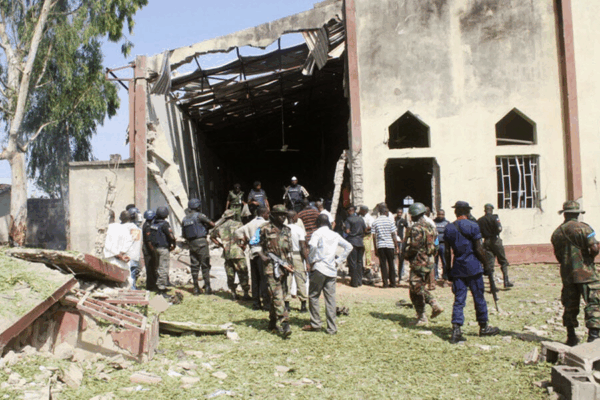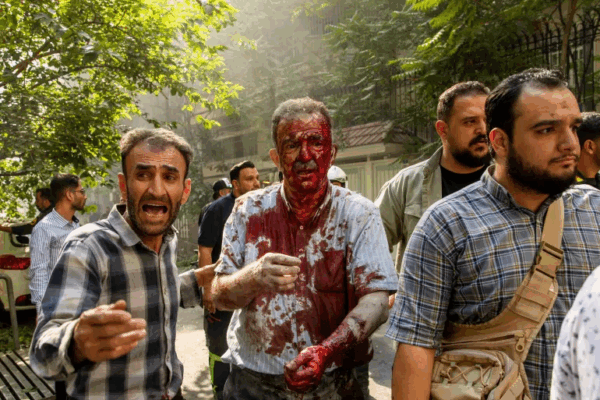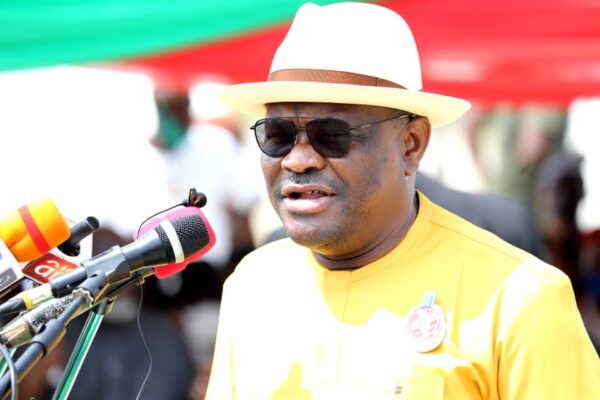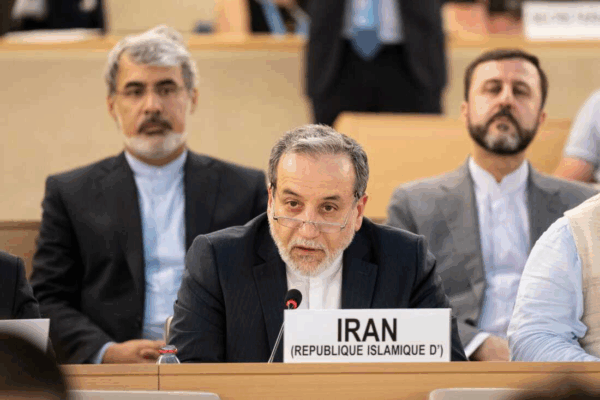By a Displaced Iranian Journalist | June 2025 Gilan, Iran – Tehran has fallen into a deep state of shock, panic, and uncertainty following a devastating wave of Israeli attacks that began in the early hours of June 13. My family and I are among the millions forced to flee our homes, unsure if—or when—we will return, or what may be left when we do. The first explosions shook the capital shortly after 3am, as Israeli jets, drones, and quadcopters coordinated with internal agents to unleash a precision assault across the country. Dozens of sites were hit simultaneously—residential buildings, military facilities, air defense systems, and parts of Iran’s nuclear infrastructure, including facilities near Natanz. The air raids killed scores of civilians, alongside several top military commanders and nuclear scientists, shaking Iran’s leadership and stunning its people. Chaos and Panic in the Capital In the immediate aftermath, Tehran resembled a ghost city. The attacks struck on a Friday, the last day of the weekend in Iran, leaving the streets hauntingly quiet except where the bombs fell. As news of the devastation spread, the city came alive with fear. Long lines formed at fuel stations as millions tried to flee or prepare for what was coming. I visited some of the worst-hit areas in western Tehran. In Patrice Lumumba, multiple homes were reduced to rubble. In Saadat Abad, a building that housed university professors had partially collapsed. The adjacent buildings in Marzdaran had gaping holes where top floors once stood. These were not random strikes—each appeared to be a targeted assassination. Retaliation and Escalation That same night, Iran launched a barrage of missiles and drones in retaliation. As of this writing, there have been at least 16 waves of Iranian strikes targeting Israel. The government has vowed to continue responding for as long as Israeli aggression persists. Meanwhile, U.S. President Donald Trump has signaled the possibility of direct American involvement in the conflict—stoking fears of an all-out regional war. The U.S. already provides critical support to Israel through advanced weapons systems, aerial refueling aircraft, and intelligence coordination. Fear Takes Over For days, the sound of explosions became part of daily life. Airstrikes rang out at all hours, many landing dangerously close to homes and offices. I felt the impacts firsthand—at home and at the Al Jazeera bureau—some just 2km (1.2 miles) away. With the bombing intensifying, Tehran shut down. Streets emptied. People rushed to petrol stations in numbers greater than I had ever seen. The government, unprepared for the scale of the assault, opened metro stations and mosques as makeshift shelters, lacking any permanent infrastructure or coordinated civilian protection plans. A Nation on the Brink Iran now faces its most volatile moment in decades. While the war’s political and military dimensions dominate headlines, it’s the human cost that is truly staggering. Millions like myself have fled cities, carrying only what we can, and leaving behind lives built over generations. We left with heavy hearts—uncertain if our homes still stand, uncertain if our nation will ever be the same. As Tehran reels from the violence, and the world watches the Israel-Iran war unfold, we can only hope that diplomacy, not further destruction, will define what comes next.








